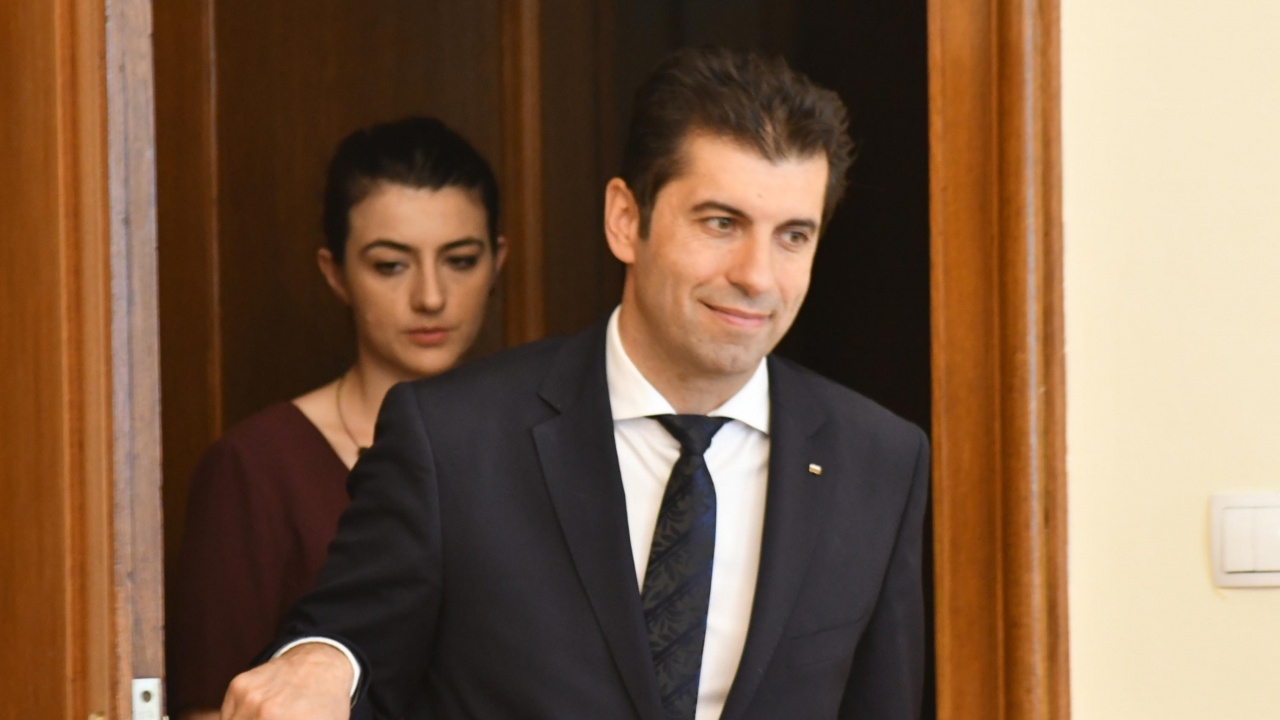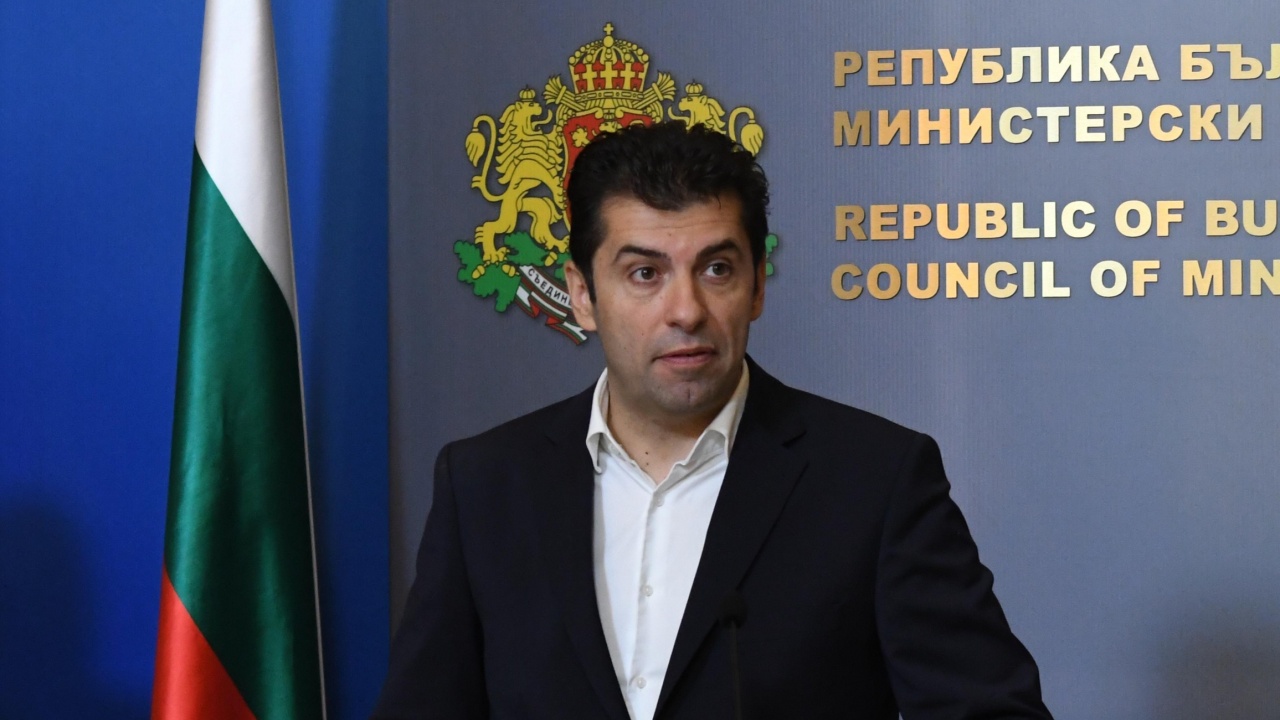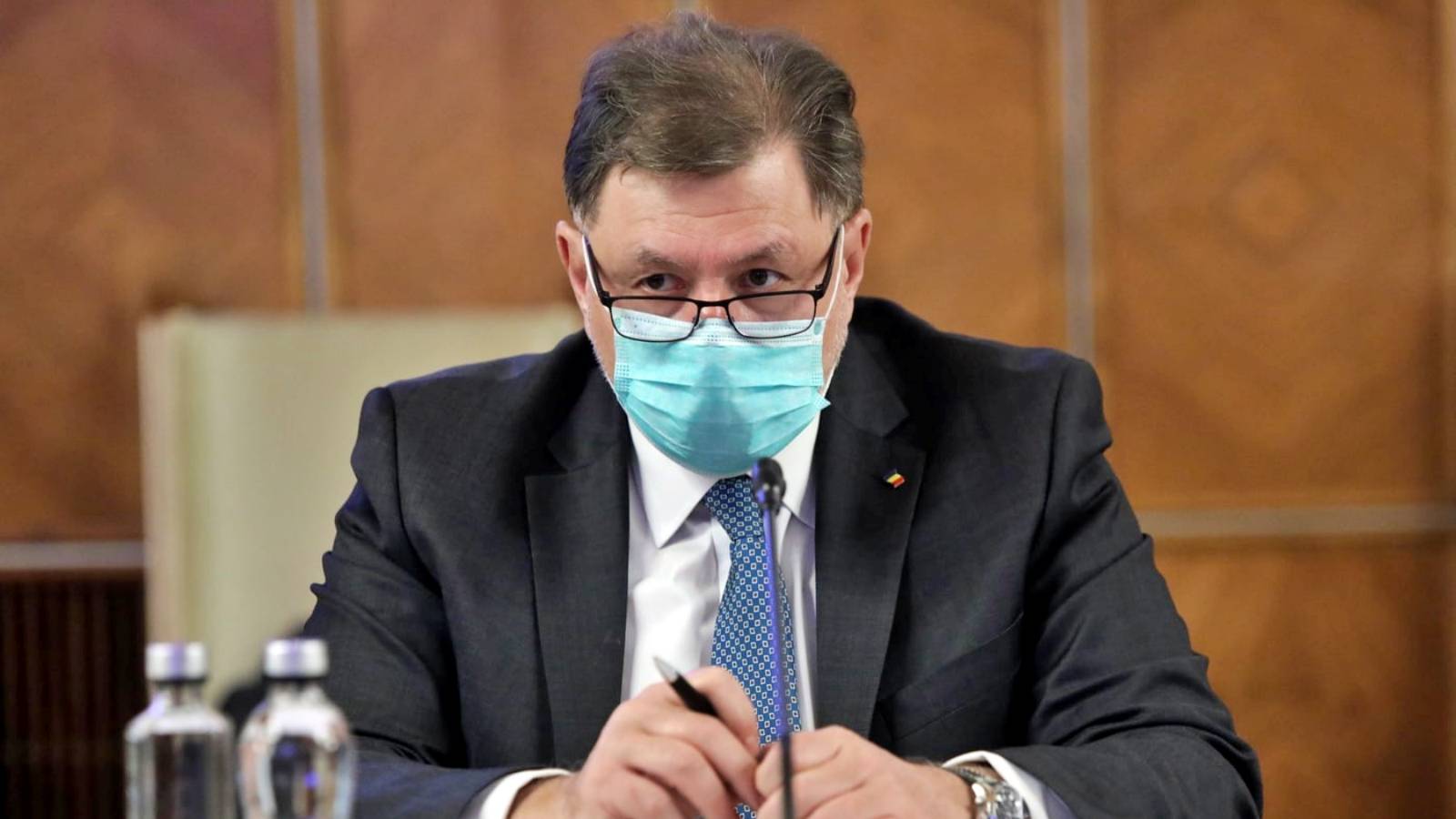Indeed, we have about twenty people, more precisely between 20 and 50, who throughout their lives have become rich illegally, maintaining privileged relations with political power. They are basically competitors, but also mutually dependent on each other, each of them amassing shameful secrets for the others, and they ally when their interests are threatened. On top of that, they have an attorney general who is at their service and protecting them. They are both solidary and untouchable. If we call this a “mafia”, then there is one in Bulgaria.” This is what the Prime Minister stated Kiril PetkovKirill Petkov Petkov was born in 1980. He is one of the founders of the Center for Economic in an interview for the summer issue of the French magazine International Politics. The interview was taken by Alexander Levy in May 2022, but was published only now, “Ofnews” writes.
“The only plus here is that Bulgaria has 6.5 million inhabitants – the size of two New York neighborhoods – and it is easier to get rid of the mafia in two neighborhoods than in a huge territory like Russia for example! The difficult thing is that these people have with significant funds and control the judicial system, especially, I emphasize, with the help of the Attorney General. The latter was elected for a seven-year term in 2020. Only the Parliament can fire him, but the parties in the current National Assembly are unwilling to do so, because a large some of their MPs will lose their protections and have to go to jail. The only way to fight this mafia is to contact the European Public Prosecutor’s Office in the hope that their magistrates will take a few cases, unravel the puzzle and get to the Attorney General, and then he will be forced to resign,” he said Kiril Petkov Kirill Petkov Petkov was born in 1980. He is one of the founders of the Center for Economic.
Kirill Petkov Petkov was born in 1980. He is one of the founders of the Center for Economic.
We publish the most interesting parts of Petkov’s interview with “International Politics”:
Alexander Levy: – In this context, do you feel threatened? Since you took office you have said that you will not change your habits, you will continue to walk to work, with minimal security… Isn’t that imprudent? Unfortunately, Bulgaria has a long tradition of political murders…
Kiril Petkov: – I think that today the threat is mostly political. The mob will do everything they can to overthrow my government. It has the capacity to do so. Given the financial means at their disposal, these people can buy enough MPs to oppose my policies. If they fail, that’s another matter: then the risk of, say, a more brutal confrontation will increase significantly. I remind you that these people have no scruples. But with us they face a new problem: we are a very large team. And our party is not a pyramid structure, it will not collapse if its top falls. On the contrary, if someone accidentally does such a stupid thing, it will only strengthen our resolve and our popularity. Removing one person does not remove the threat, on the contrary; and I think these people, who are by no means stupid, have understood it. So I keep walking to work, every day.
***
A.L. – You are an entrepreneur and have fought for various causes in the Bulgarian civil society. Do you have a politician who serves as an example for you?
K.P. – I don’t have just one model, there are several. At the European level, I have a great relationship with Emmanuel Macron. We have the same view on things, we are from the same generation. Next are Dutch Prime Minister Mark Rutte, European Council President Charles Michel, Greek Prime Minister Kyriakos Mitsotakis… Across the Atlantic, I like Barack Obama very much. These are all leaders with a similar development to ours: excellent education, strong motivation to change the direction of their countries, and generally without displaying an overt ideology. For me, ideologies have always been a substitute for rational thought. When we don’t think much, we use ideology. That is why we do not believe in ideologies, whatever they may be. We are pragmatists. We try to impose only rational measures, regardless of whether they define them as left or right. Now I can tell you what political leaders I don’t like: Putin comes first, without a doubt. We are all hostages to his imperial mindset and his ego: thousands of people die because of him, even more suffer from the economic crisis he caused. I don’t like Donald Trump either. This man is supposedly reaching out to disadvantaged Americans, and they don’t realize that they are the first victims of his policies. In short, I don’t like politicians who pursue personal goals when in power: enrichment, vanity, obsession with greatness… I admire those who serve their country, not the other way around; of those who champion a cause. Obamacare, for example, was a strong cause, no matter what is said about it today.
***
A.L. – The Minister of Defense uses Kremlin terminology, the President does not express a clear position on Ukraine… According to a poll from before the war, nearly 60% of Bulgarians support Putin’s policy. Probably at least half of them have a different opinion after the invasion of Ukraine, but still: doesn’t Bulgaria have a problem?
K.P. – The problem is that many people confuse Russophilia with Putinophilia. Add to that 70 years of Russian propaganda. All these years, Moscow has imposed its version of history through media, textbooks and institutions. Today, 118 employees work at the Russian Embassy in Sofia. That’s a huge number! The Russians kept us almost 100 percent dependent on their fuels; they also own a large part of our energy system. Our only oil refinery – Lukoil – is Russian, all our gas is supplied by Gazprom, and the fuel for our only nuclear plant comes exclusively from Russia… These are significant financial flows that guarantee Russia a market and political influence. In short, despite our belonging to the Atlantic Union and the European Union, they still see us as their satellite. Here I want to return to the battle that my government is fighting to emphasize once again the complexity of the situation. So we have twenty extremely powerful and corrupt people on whom we have declared war and who have the political means to overthrow us; we have an attorney general who also dreams of us disappearing because he knows that sooner or later we will be able to remove him; all this under the watchful eye of Russia, which, with its foreign policy, with its fuels and with its agents, is trying to keep us in its orbit. I am convinced that these 118 employees in the Russian embassy in Sofia go to the office every morning with one single item on the agenda: what to do to bring down this government. And against this armada, I have a coalition of four parties that are pulling together on many topics. However, we were able to help Ukraine militarily, say no to Gazprom when they asked us to pay them in rubles, and continue our fight against corruption.
A.L. – Can you give a specific example of the fight against corruption?
K.P. – Let’s take gas as an example. When Gazprom decided to unilaterally cut off supplies in April of this year, I realized a few things. First, that there are decisions that my predecessors willfully ignored. For example, Azerbaijani gas is one third cheaper than Russian gas; and the previous government rejected this possibility under the pretext that there is no interconnector with Greece, which is not true, we just put it into operation! This means that at the time, someone not only prevented diversification, but also bought more expensive gas at the expense of the Bulgarian taxpayer. We found the person who signed this document (and who may not have made such a decision) and tried to arrest him. And then the Attorney General intervened: he seized all the documents and promised to open an investigation. We haven’t heard anything about it since. I realized that in many cases corruption at the national level serves the interests of Russian foreign policy. Most often, the same people get rich by diverting funds and making deals with the Russians that are harmful to the economic and political independence of our country. We found that by fighting against corruption, we are endangering the goals of Russian foreign policy. Let’s take another example – the Turkish Stream gas pipeline, an extremely important project for the Kremlin, the goal of which is to bypass Ukraine and weaken its economy. This gas pipeline, which serves Central Europe (mainly Serbia and Hungary), passes through our territory, we participated in its financing with 1.5 billion euros, and it does not even provide for deliveries to Bulgaria! Who authorized its construction? The government of Boyko Borisov, who presents himself as the most pro-European and pro-Atlantic. When he was briefly arrested in March of this year, before being released by the same attorney general, police searched his publicist’s home. A luxury 4×4 jeep, owned by the company building the Bulgarian section of the Turkish Stream, was discovered in her garage. The scam is clear – the jeep was a gift from the Russian company that is building a gas pipeline for 1.5 billion euros, serving only the interests of the Kremlin. Here, the connection between corruption and Russian foreign policy, which operates in a number of deals in the Balkans and even at the level of the European Union, is clearly visible.



